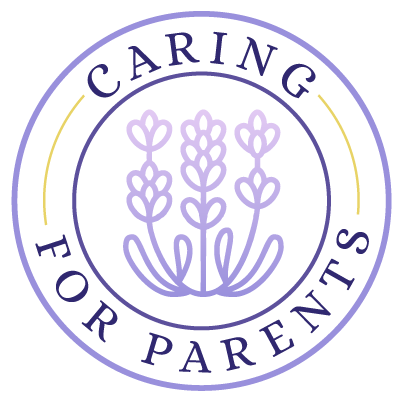As we age, our bodies become more susceptible to certain health conditions. Regular screenings and vaccinations are crucial for early detection and prevention of these illnesses, allowing seniors to live longer, healthier lives. Let’s explore some key screenings and vaccinations you should discuss with your doctor.
Important Screenings:
- Colorectal Cancer: This is the second leading cause of cancer death in the United States, but early detection is highly effective. Screening options for adults aged 45 and older include stool tests, sigmoidoscopy, colonoscopy, and CT colonography [3]. The best option for you will depend on your individual risk factors and preferences.
- Breast Cancer: Women over 40 should discuss a personalized screening plan with their doctor. Mammography is a common screening tool, but other options may be available depending on your individual situation [3].
- Bone Density Scans: These scans measure bone mineral density and can help identify osteoporosis, a condition that weakens bones and increases fracture risk. Women over 65 and men over 70 are typically recommended for bone density scans, but your doctor may advise them earlier if you have certain risk factors [3].
Essential Vaccinations:
- Flu Shot: The flu can be especially dangerous for seniors. Getting an annual flu shot is the best way to protect yourself from serious complications like pneumonia and hospitalization [2].
- Pneumococcal Vaccines: Pneumococcal disease can cause pneumonia, meningitis, and ear infections. There are two vaccines available to protect against different strains of pneumococcus, and your doctor will recommend the appropriate one(s) for you [2].
- Shingles Vaccine: Shingles, a painful reactivation of the chickenpox virus, is more common in older adults. The shingles vaccine can significantly reduce your risk of developing this condition [3].
- Tdap Vaccine: This vaccine protects against tetanus, diphtheria, and pertussis (whooping cough). Adults should get a Tdap booster shot at least once, and may need it more often depending on their individual circumstances [2].
Remember: This list is not exhaustive. Always discuss your individual needs and risk factors with your doctor to determine the most appropriate screenings and vaccinations for you.
Source Data:





